
This is an article about a cherem against a Christian hospital associated with various Christian missions in Jerusalem, including one run by a Sephardic Jewish apostate. The signatories are Jerusalem's Rabbis Ya'akov Shaul Eliashar, Yehoshua Leib Diskin and Shemuel Salant.
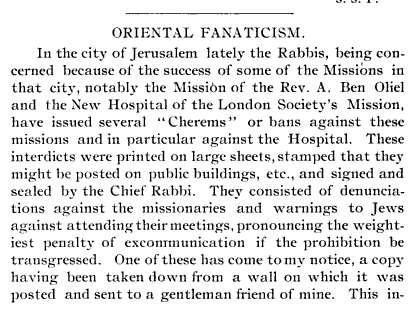
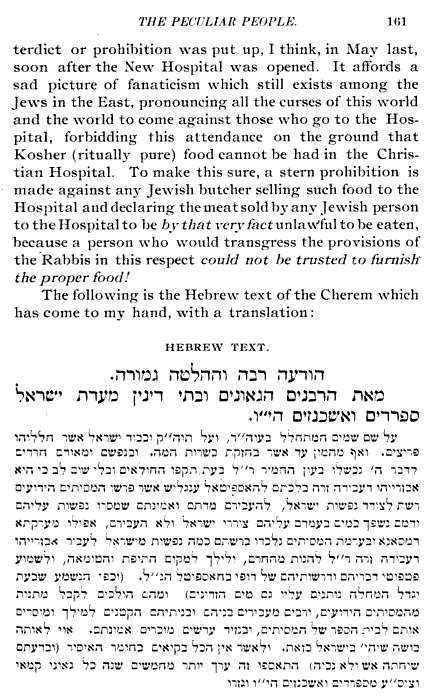

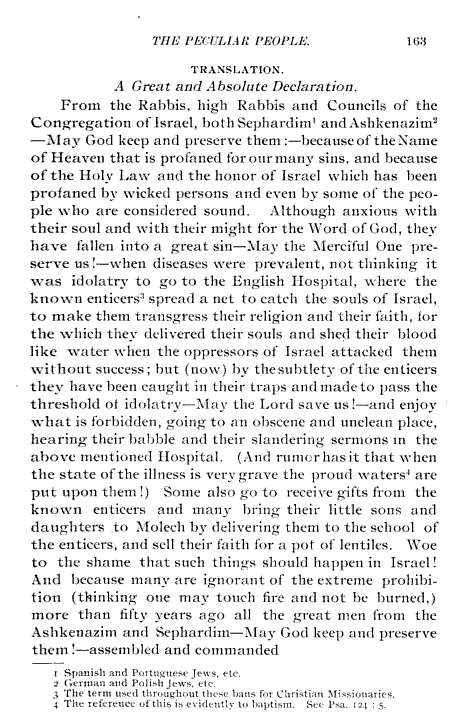
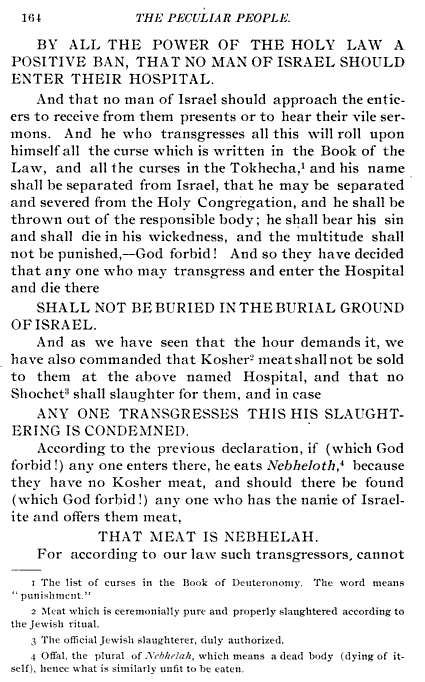
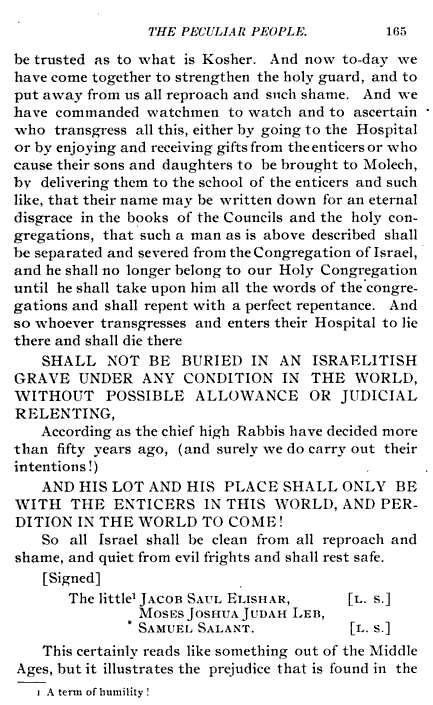
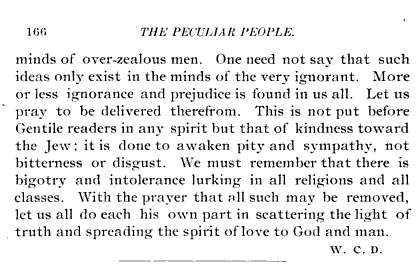
Here's a notice about a Karaite rabbi with reformist tendencies:







Have you read this book?:
ReplyDeletehttp://www.amazon.com/Hastening-Redemption-Messianism-Resettlement-Israel/dp/0195305787
http://en.wikipedia.org/wiki/Hastening_Redemption
One of the points that the book advances is that after 1840 (5600, or yet another year Mashiach completely failed to come) the Jews in Israel stopped dealing with the missionaries to the extent they had done before and thus these bans started appearing.
I haven't read it, although I heard good things about it.
ReplyDeleteIt's more than the failed messianic year of 1840, it's also that missionary activity itself tremendously increased because of the changing political situation. European states were competing with each other to represent Christian interests in Palestine, and as the century wore on, Europeans came to know it better and became a much more ubiquitous presence there. In the early part of the century it was possible for Jews to view the missionaries with bemusement, especially when they came with consular protection for the Jews of European origin, and lots of other benefits. But that began to change when missionary activity became more prolific and there were even successes.
Yes, but before (and somewhat after) 1540 this activity itself was part of what made the Jews deal with the missionaries -since the missionaries themselves believed that in order for Kingdom to cometh the Jews needed to a) come to Israel and b) convert, and the Jews also needed a), the Jews saw the European activity in Israel as itself signs of Mashiach. It's not like the Jews didn't know what the m's wanted from them.
ReplyDeleteIt was a good book, even if it did start off da Vinci-esque.
Gosh, could there be parallels even today? Gosh.
ReplyDelete>It was a good book, even if it did start off da Vinci-esque.
I hate that, even though I understand the desire to actually sell copies.
Time is a circle.
ReplyDeleteIn general, I have found that a lot of these "Wow I have an amazing discovery" books tend to read a lot of their discovery into their sources.(I once got irritated by one of Moshe Idel's books, which was based on "we may assume"s.) This book actually seems to be more careful than that, and did not read things that people didn't say (too much).
So yes, it was pretty good.
Well, as a rule, an "amazing discovery" in a historical sense warrants a couple of blog sized post, not a 400 page book, so of course they read in and pad in! ;-)
ReplyDeleteI also think that every assumer scholar needs a good chavrusah to say "Who says?"
There's this blog I read where some of the posts look like 400 page books :/
ReplyDeleteOr, not.
ReplyDelete"I also think that every assumer scholar needs a good chavrusah to say "Who says?""
ReplyDeleteideally that's the role of the peer review process for academic publications